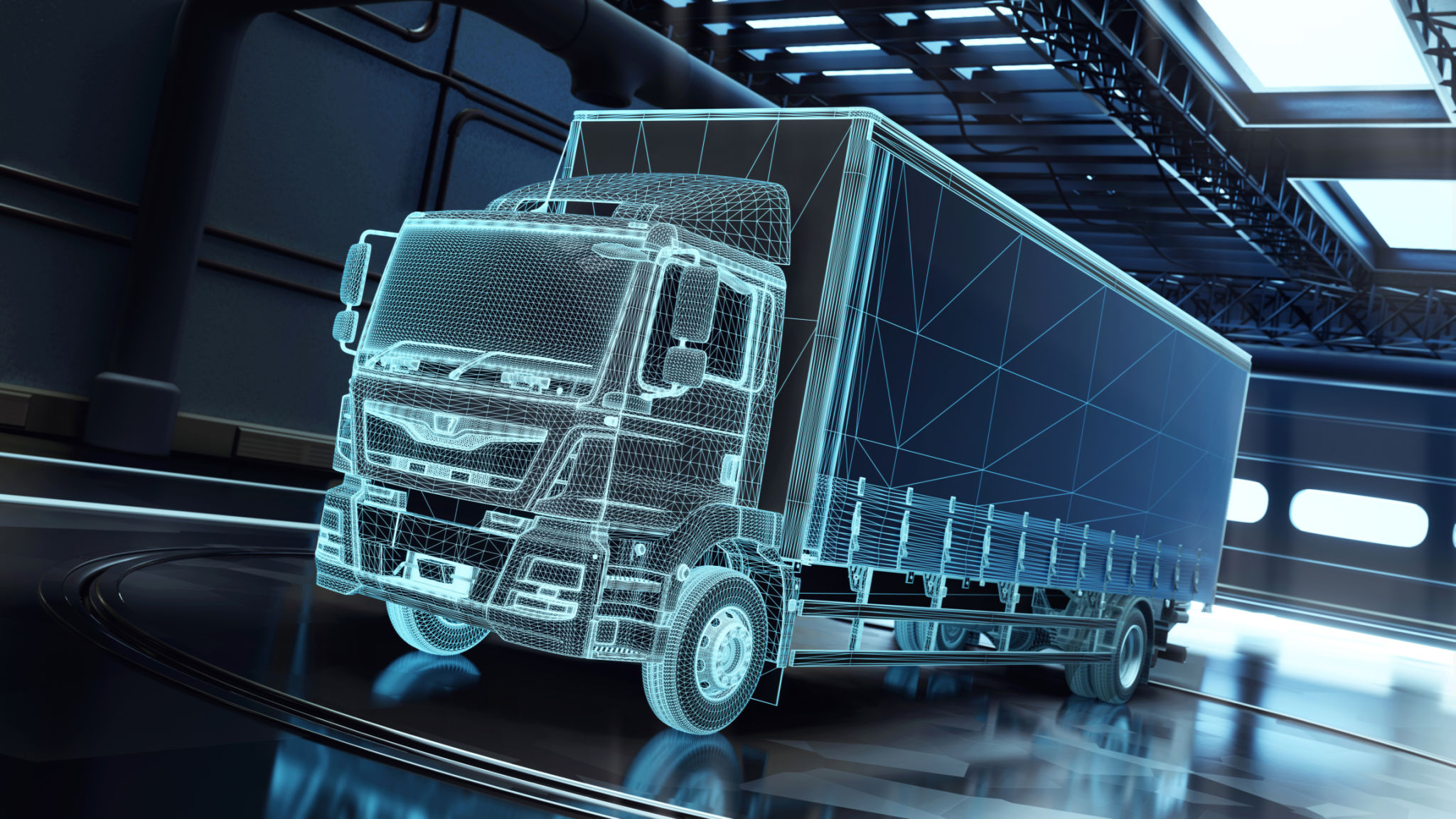Eco-Friendly Trucking Solutions in Massachusetts: A Comprehensive Guide
Understanding Eco-Friendly Trucking
As the world moves towards more sustainable practices, the trucking industry in Massachusetts is no exception. Eco-friendly trucking solutions are not only beneficial for the environment but also offer economic advantages. These solutions aim to reduce the carbon footprint of trucking operations while maintaining efficiency and reliability.
The push for greener alternatives has led to innovations in vehicle technology, fuel options, and logistics management. This guide explores the various eco-friendly trucking solutions available in Massachusetts, helping businesses and individuals make informed decisions.

Alternative Fuel Options
One of the most significant shifts in eco-friendly trucking is the adoption of alternative fuels. Conventional diesel trucks are being replaced or supplemented with vehicles that run on cleaner fuels such as biodiesel, natural gas, and electricity. Each of these options offers unique benefits and challenges.
- Biodiesel: Made from renewable resources, biodiesel reduces emissions and is often compatible with existing diesel engines.
- Natural Gas: Compressed natural gas (CNG) and liquefied natural gas (LNG) offer cleaner combustion, reducing greenhouse gas emissions.
- Electric Trucks: These trucks produce zero tailpipe emissions and can be charged using renewable energy sources.
Choosing the right fuel option depends on factors like route distance, available infrastructure, and specific environmental goals.
Technological Innovations
In addition to alternative fuels, technological advancements play a crucial role in eco-friendly trucking. Modern trucks are equipped with advanced telemetry systems that optimize route planning and fuel consumption. These systems help drivers avoid traffic congestion, reduce idle time, and choose more efficient routes.

Another technological innovation is the development of aerodynamic designs in truck manufacturing. These designs reduce air resistance, leading to significant fuel savings over long distances. Moreover, regular maintenance using eco-friendly practices ensures that trucks remain efficient and produce minimal emissions.
Sustainable Logistics Practices
Logistics management is another area where eco-friendly practices can make a substantial difference. Companies in Massachusetts are adopting strategies like load optimization and collaborative shipping to reduce the number of trips required and maximize truck capacity. These practices not only cut costs but also decrease overall emissions.
Additionally, investing in driver training programs focused on eco-driving techniques can lead to more efficient fuel use. Simple changes in driving behavior, such as maintaining steady speeds and avoiding rapid acceleration, can significantly impact fuel efficiency.

Government Support and Incentives
The transition to eco-friendly trucking is supported by various government initiatives in Massachusetts. These initiatives include tax incentives, grants, and subsidies for companies investing in green technologies. Such support helps offset initial costs and encourages more businesses to adopt sustainable practices.
Programs like the Diesel Emissions Reduction Act (DERA) provide funding to replace or retrofit older vehicles with cleaner technologies, further promoting a cleaner trucking industry.
The Future of Eco-Friendly Trucking
The future of trucking in Massachusetts looks promising as more companies recognize the importance of sustainability. Continued investment in research and development will likely yield even more innovative solutions that further reduce environmental impact while enhancing economic viability.
For businesses looking to stay ahead, embracing eco-friendly trucking solutions is not just a trend but a necessary evolution. By committing to sustainability, Massachusetts can lead the way in creating a greener future for the transportation industry.